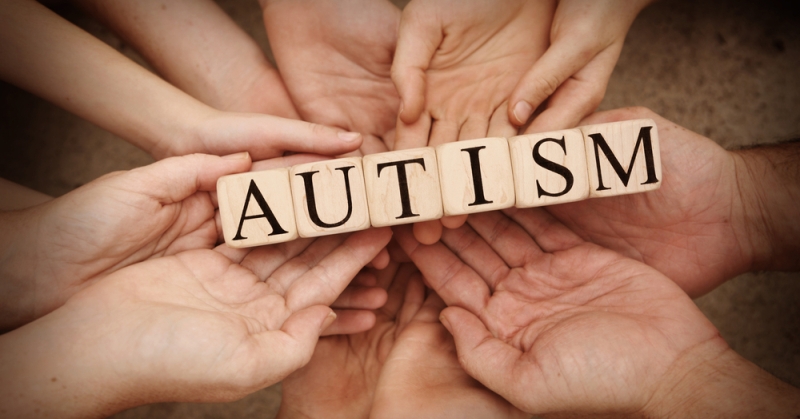Autism is one of the fastest-growing developmental disorders in the U.S. Some even believe we are nearing epidemic proportions as we move further into 2016.
There has been an explosion in the number of children diagnosed with autism spectrum disorder (ASD). A staggering 1 in 68 children are being diagnosed with ASD, and many suffer from severe and debilitating symptoms that will not allow them to function normally without a lot of help.
This is EVERYONE’S problem, particularly for the health and wellness community. It’s estimated that autism services cost U.S. citizens $236-$262 billion annually. Most families know a loved one with autism today. And while decades ago most children had never even heard of autism, if you walk into any classroom today and ask the children if they know someone with autism, nearly every child will raise a hand.
This is the world we live in. And whether you realize it or not, the increasing prevalence of autism spectrum disorder affects you.

Did you know that:
- More than 3.5 million Americans live with an autism spectrum disorder.
- Autism is more than just a brain disorder. It’s quite common for autism to be accompanied by gastrointestinal disorders, food sensitivities, and many allergies.
- Boys are nearly five times more likely than girls to have autism. The medical community is not yet sure why.
- People diagnosed with autism DO feel emotions. Many are often highly concerned with the feelings of the people around them — they just lack the skills to communicate emotions as most people do.
- Nutritional approaches, therapies and other treatment can dramatically reduce the debilitating symptoms of autism. Severe autism diagnoses don’t need to be a living death sentence. Many of the severe symptoms of autism can be greatly reduced, allowing these kids to overcome obstacles and live healthy, adapted lives.
What all of this means for you and me is this: If one of the most rapidly growing developmental disorders in history can be improved by intelligent nutrition and supplementation choices, then imagine what these same nutritional strategies could do for you and your ability to live a normal, healthy life.
It’s clear: Even with severe disorders like autism, nutrition matters. Food can heal. There are clear links between the brain and the gut.
If you or someone you know suffers from a disorder that is holding you or a loved one back from living a full and healthy life, we invite you to attend this free online Autism Hope Summit.
The summit is hosted by non-profit organization The Autism Hope Alliance, and the science, research, techniques, therapies and strategies shared will help anyone interested in a nutritional approach to addressing illness, brain disorders, behavioral challenges, and anything else that might be holding you, or the people you love back from a thriving, vibrant life.
Join 30 of the world’s most trusted doctors, nutritionists and therapeutic specialists as they reveal the cutting- edge science and strategies that can powerfully reshape the brain, body and our lives.


